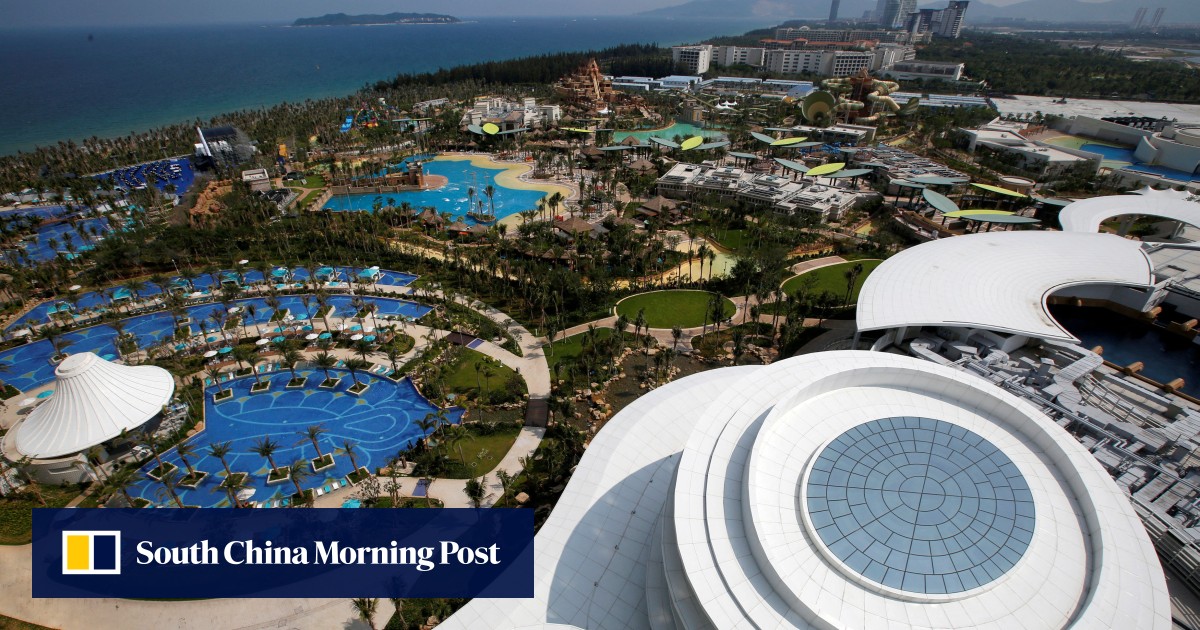The company, whose businesses span a wide range of industries including tourism, pharmaceuticals, real estate and financial services, aims to cut its debts by 10 billion yuan (US$1.38 billion) annually in the next two to three years and improve its financial profile, co-chairman Wang Qunbin told an earnings briefing on Thursday.
“We will exit some noncore businesses while focusing on assets that are sustainable and predictable,” he said. “Fosun plans to develop itself into a more [financially healthy] and sustainable company.”
He did not elaborate on which assets the Shanghai-based company planned to divest, but added that Fosun’s key assets must be cash flow positive.

Wang’s statement came after Fosun reduced its interest-bearing debts, such as bank loans and corporate bonds, by 15 billion yuan to 211.9 billion yuan in the 12 months to December, 2023.
Fosun posted a net profit of 1.38 billion yuan for 2023, turning around from a net loss of 831.8 million yuan a year earlier. Its revenue grew 8.6 per cent to 198.2 billion yuan.
Fosun unit courts investors days after reports of debt woes at parent firm
Fosun unit courts investors days after reports of debt woes at parent firm
“We are still taking an active attitude [towards business expansion],” the billionaire entrepreneur said. “We just want to let our investors know that by doing so, we need to have high risk awareness and be enterprising.”
Fosun’s healthcare segment reported net income of 580 million yuan in 2023, down 57 per cent on the year.
S&P Global lifted Fosun’s credit rating outlook to stable from negative last May citing the progress made in its deleveraging process adding “it could further consolidate its investment portfolio and lower debt at the holding-company level over the next six to 18 months, after paying concentrated maturing bonds in the past nine months with proceeds from asset sales and domestic bank loans”. It is currently rated BB-, considered non-investment grade.
China’s economy expanded by 5.2 per cent last year. Excluding the pandemic years, when the country was virtually closed, that pace was the slowest annual rate since 1990. The World Bank has projected growth to slow to 4.5 per cent in 2024, and further to 4.3 per cent in 2025.
“Fosun is giving priority to the medical and consumer segments since they are expected to maintain a rapid growth in a slowing economy,” said Ivan Li, a fund manager at Loyal Wealth Management in Shanghai. “Price remains an issue as the conglomerate looks to sell part of its assets at a time when investors’ buying appetite appears to be low.”
Xu’s comments came after Reuters reported that Fosun International was considering selling a stake in its luxury Atlantis Sanya resort in China’s island province of Hainan.
Fosun Tourism reported a net profit of 307.2 million yuan, compared to a net loss of 544.9 million yuan in the previous year. Its revenue jumped 24 per cent year on year to 17.15 billion yuan.

